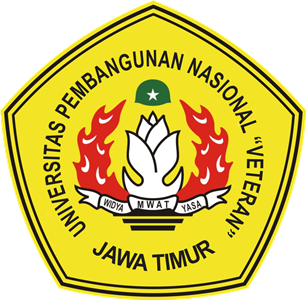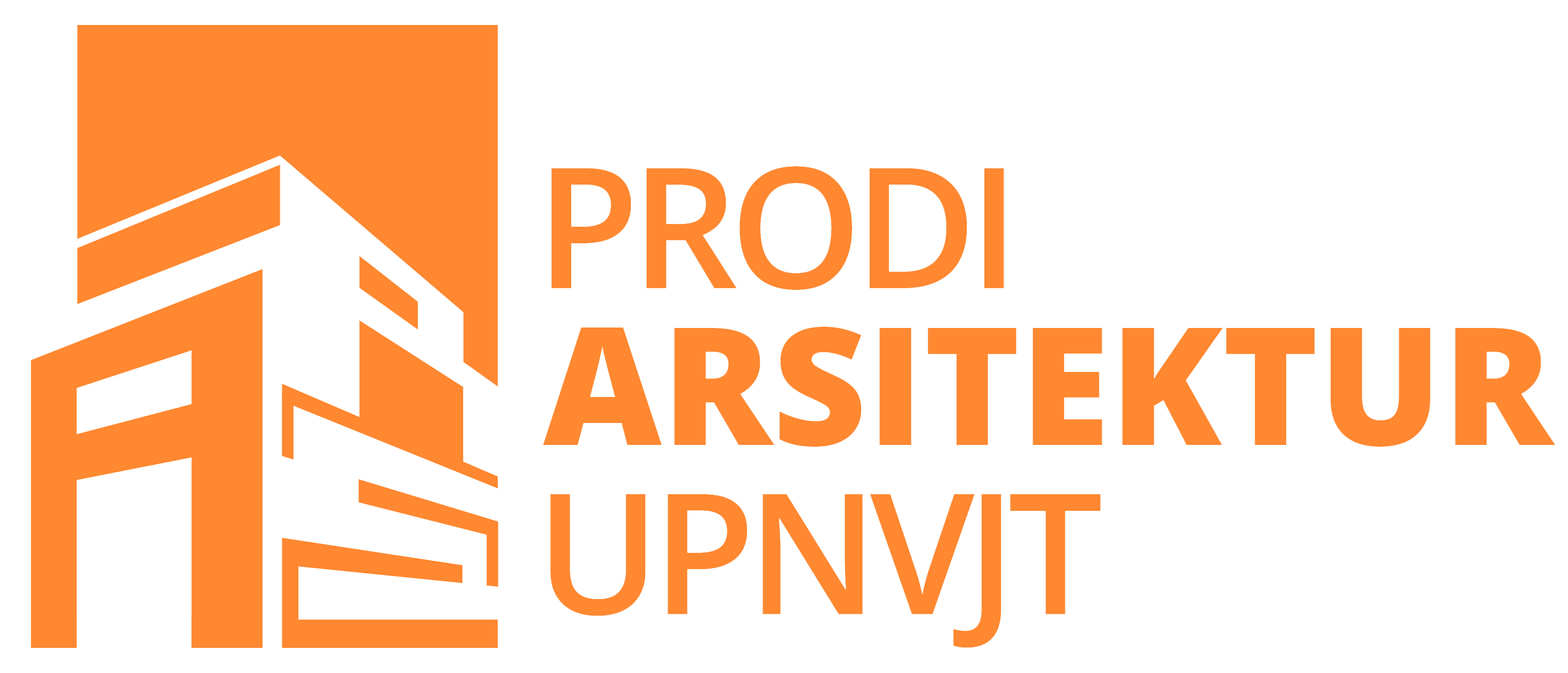BUILDING AFFORDABILITY: AN EXPLORATION OF INCREMENTAL HOUSING DESIGN
DOI:
https://doi.org/10.33005/border.v7i1.1281Keywords:
affordable housing, growing house, incremental house, subsidized housingAbstract
In Indonesia, the availability and quality of housing is a significant challenge. One potential solution that needs to be explored is the incremental housing strategy, which can provide options for users as their needs and income grow. This research aims to explore and develop affordable housing design ideas that specifically target the criteria of subsidized housing in Indonesia, based on the exploration of the national regulation related to the subsidized housing, and developed from the principles of affordable housing design such as the separation of functions and mass, the exploration of structure and materials, and the use of a cohesive form. Using design-based research as the design method, the research resulted in two alternative ideas for affordable housing. The design development as well as construction cost estimates use standard commercial building materials to get an idea of the possibility of building affordable housing with standard materials. This research is a valuable step in the exploration of ideas for affordable housing in Indonesia and will provide a valuable reference for future research and development of affordable housing in Indonesia.
Downloads
References
Abidoye, R.B., Puspitasari, G., Sunindijo, R., Adabre, M., 2020. Young adults and homeownership in Jakarta, Indonesia. Int. J. Hous. Mark. Anal. 14, 333–350. https://doi.org/10.1108/IJHMA-03-2020-0030
Agusniansyah, N., Widiastuti, K., 2016. KONSEP PENGOLAHAN DESAIN RUMAH TUMBUH. MODUL 16, 1–12. https://doi.org/10.14710/mdl.16.1.2016.1-12
Bramantyo, B., Tyas, W.P., Argyantoro, A., 2019. Aspek Kualitas Rumah Subsidi Pada Program Rumah Murah Berdasarkan Perspektif Penerima Manfaat (Studi Kasus: Perumahan Subsidi Mutiara Hati Semarang). J. Permukim. 14, 1–9. https://doi.org/10.31815/jp.2019.14.1-9
Dwijendra, A., 2013. Quality of affordable housing projects by public and private developers in Indonesia: The case of Sarbagita Metropolitan Bali. J. Geogr. Reg. Plan. 6, 69–81. https://doi.org/10.5897/JGRP12.050
Firdasari, Basrin, D., Fahriana, N., 2021. Biaya Tidak Langsung Pada Proyek Pembangunan Perumahan Subsidi Di Kota Langsa. J. Media Tek. Sipil Samudra 2, 10–20.
Iqbal, M.N.M., Ujianto, B.T., 2021. PRINSIP DESAIN ARSITEKTUR RUMAH TUMBUH DAN MIKRO: STUDI KARYA ARSITEK YU SING. RADIAL J. Perad. Sains Rekayasa Dan Teknol. 9, 234–249. https://doi.org/10.37971/radial.v9i2.240
Kemenpan, 2022. Atasi Backlog, Pemerintah Beri Subsidi 222.586 Unit Rumah pada 2022 [WWW Document]. Kementeri. Pendayagunaan Apar. Negara Dan Reformasi Birokrasi. URL https://www.menpan.go.id/site/berita-terkini/berita-daerah/atasi-backlog-pemerintah-beri-subsidi-222-586-unit-rumah-pada-2022 (accessed 1.18.23).
Kepmen PU, 1980. Keputusan Menteri Pekerjaan Umum tentang Pedoman Teknik Pembangunan Perumahan Sederhana Tidak Bertingkat No. 91/KPTS/1980.
Kepmen PUPR, 2020. Keputusan Menteri Pekerjaan Umum dan Perumahan Rakyat Nomor 242/KPTS/M/2020 tentang Batasan Penghasilan Kelompok Sasaran Kredit/Pembiayaan Pemilikan Rumah Bersubsidi, Besaran Suku Bunga/Margin Pembiayaan Bersubsidi, Lama Masa Subsidi dan Jangka Waktu Kredit/Pembiayaan Pemilikan Rumah, Batasan Harga Jual Rumah Umum Tapak dan Satuan Rumah Susun Umum, Batasan Luas Tanah dan Luas Lantai Rumah Umum Tapak, Luas Lantai Satuan Rumah Susun Umum Serta Besaran Subsidi Bantuan Uang Muka Perumahan.
Ling, C.S., Almeida, S.J., Wei, H.S., 2017. Affordable Housing: Challenges and the Way Forward.
Moghayedi, A., Awuzie, B., Omotayo, T., Le Jeune, K., Massyn, M., Ekpo, C.O., Braune, M., Byron, P., 2021. A Critical Success Factor Framework for Implementing Sustainable Innovative and Affordable Housing: A Systematic Review and Bibliometric Analysis. Buildings 11, 317. https://doi.org/10.3390/buildings11080317
Musyafa, A., 2013. KOMPOSISI HARGA JUAL RUMAH TINGGAL LAYAK HUNI DI YOGYAKARTA (STUDI KASUS PEMBANGUNAN RUMAH TIPE 90/115 DI LUAR KOMPLEKS PERUMAHAN). Presented at the Konferensi Nasional Teknik Sipil 7, UNS Surakarta.
Riazi, M., Emami, A., 2018. Residential satisfaction in affordable housing: A mixed method study. Cities 82, 1–9. https://doi.org/10.1016/j.cities.2018.04.013
Susanto, D., Nuraeny, E., Widyarta, M.N., 2020. Rethinking the minimum space standard in Indonesia: tracing the social, culture and political view through public housing policies. J. Hous. Built Environ. 35, 983–1000. https://doi.org/10.1007/s10901-020-09770-4
Tunas, D., Dormoyono, L.T., 2014. Self-Help Housing in Indonesia, in: Bredenoord, J., Van Lindert, P., Smets, P. (Eds.), Affordable Housing in the Urban Global South: Seeking Sustainable Solutions. Taylor & Francis Group, London, UNITED KINGDOM.
Vale, L.J., Shamsuddin, S., Gray, A., Bertumen, K., 2014. What Affordable Housing Should Afford: Housing for Resilient Cities. Cityscape 16, 21–50.
Downloads
Published
How to Cite
Issue
Section
License
Copyright (c) 2025 Border: Jurnal Arsitektur

This work is licensed under a Creative Commons Attribution 4.0 International License.

















